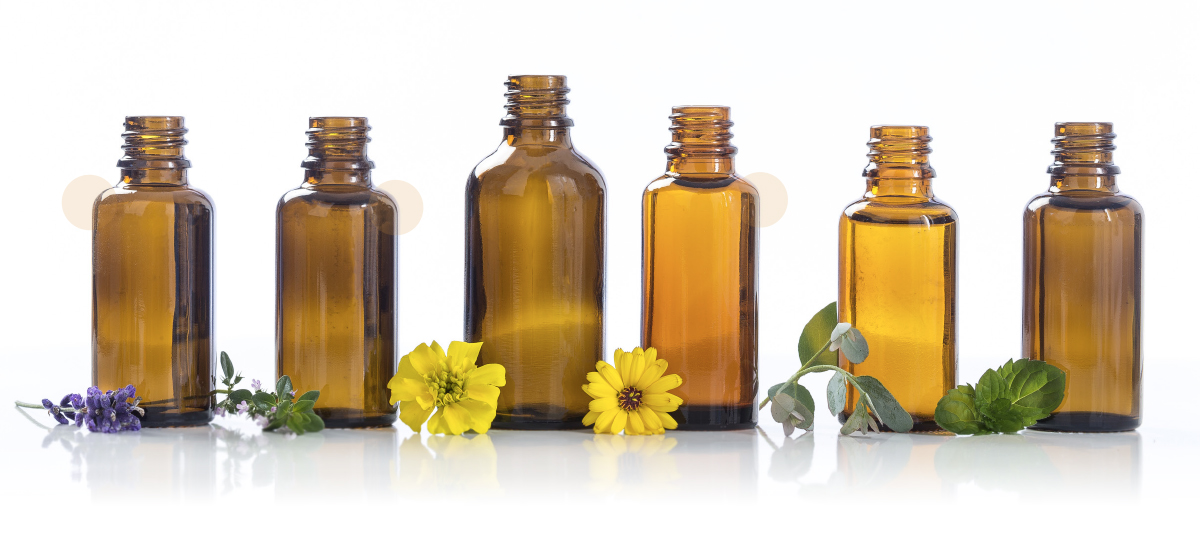The Study Question
Can massage with essential oils reduce anxiety and depression for older adults living in a nursing home setting?
Around the world, the average age of the population is increasing. In the United States, 10,000 people turn 65 every day. Older adults face significant events—such as retirement, the death of friends and family members, decreased participation in social activities, and changes in social and financial status—that can affect their mental health.
At some point, many older adults become unable to continue living independently and need to transition to residential nursing home care. This relocation can impact all aspects of the health of an older person. Older adults are already at higher risk of depression and anxiety due to decreased motor activity, loss of friends and relatives, reduced physical and financial autonomy, and chronic health conditions that may be managed with multiple medications.
Nursing home residents in particular stand to benefit from a nonpharmacological intervention such as aromatherapy massage, yet few clinical studies have been conducted for this population. The use of essential oils to improve mood is well documented. This Iranian study evaluated the effect of aromatherapy massage with lavender, chamomile and rosemary oils on depression and anxiety of elderly adults living in nursing homes.
The Study Methods
The study employed a two-armed, multicenter, randomized controlled trial design with repeated measures. Power analysis was used to determine sample size.
Forty participants were recruited from four residential care facilities located in Kerman, the second largest city in southeast Iran. Participants were randomly allocated to treatment and control groups, and there were equal numbers of men and women in each group.
Inclusion criteria were age 65 to 85 years, ability to speak Persian, participation in the study for seven weeks, and toleration of aromatic oils. Exclusion criteria included a history of skin allergy to essential oils, cognitive disorders such as dementia, having a diagnosed mental disorder, use of antianxiety and antidepression medications, and self-reported problems with sense of smell.
Baseline demographic questionnaires included variables such as age, gender, marital status, education, and satisfaction with the nursing home. The primary outcome measure used was the Hospital Anxiety and Depression Scale (HADS), a valid and reliable self-rating scale that measures anxiety and depression in both hospital and community settings. The HADS was administered at four points during the seven-week study duration.
The massage intervention consisted of 20-minute sessions performed three times per week for two three-week periods separated by a one-week break, for a total of 18 treatments. The essential oil combination selected for the study was based on a review of the literature and traditional medicine practice—a blend of lavender, chamomile, and rosemary in a 4:3:2 ratio and diluted in jojoba oil at 3 percent.
Ten drops of the aromatherapy oil blend were poured over the back of the legs, foot, and knees, and massage began with the foot, leg, and knee with light and heavy rubbing and vibration at a speed of 20 times per minute and was performed by one of the researchers after instruction by a traditional medicine practitioner trained in massage therapy. The control group received no intervention.
Demographic variables were compared between the two groups using the independent t test, chi-squared test, and Fisher exact test. Repeated measures ANOVA was used to assess anxiety and depression between the two groups across times.
The Results
No significant differences were observed between the two groups on any of the demographic variables. However, there were significant differences between groups in levels of anxiety and depression at baseline.
Scores on the HADS anxiety and depression subscales for the control group were rated as mild and healthy, respectively. For the intervention group, baseline scores were categorized as severe anxiety and mild depression. Repeated measures ANOVA results showed the anxiety mean score at the end of the third week (7.94 ± 3.70), at the beginning of the fifth week (7.94 ± 3.27), and at the end of the seventh week (6.26 ± 3.38) had decreased in the intervention group, while it had increased in the control group (p < .0001).
Also, repeated measures ANOVA results showed the depression mean score at the end of the third week (5.94 ± 2.81), at the beginning of the fifth week (6.15 ± 2.69), and the end of the seventh week (4.15 ± 2.14) had significantly decreased in the intervention group, while it had increased in the control group (p < .0001).
Limitations of the Study
While this is a promising study and the randomized trial design is a strength, there are a few limitations. The relatively small sample size is one. The massage techniques employed are not described in sufficient detail for replication. The relative effects of the aromatherapy and the massage cannot be separated. The existing baseline differences in anxiety and depression between the two groups mean that reversion to the mean cannot be ruled out as a plausible alternate explanation for the results.
Implications for Evidence-Informed Practice
In spite of its limitations, the study could support the use of aromatherapy massage with older adults experiencing anxiety and/or depression in a residential care setting. Aromatherapy massage is a relatively low-risk intervention that also provides some social support, particularly for seniors who may be already taking multiple medications.
